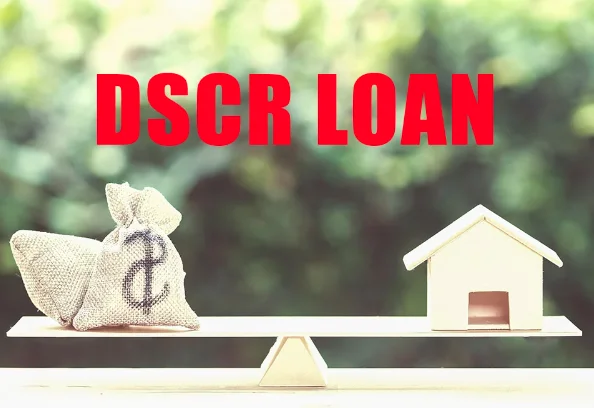If you’re ready to jump into the world of real estate investing, you might not be aware of the different mortgage products that are available for those buying commercial properties. These often have unique terms and are suited for a variety of specific investment needs, such as for those who are flipping houses and will therefore be selling the property sooner than the typical residential buyer.

While conventional mortgages are still a great option for those who have excellent credit, there are other options available to those whose credit – or whose investment – cannot qualify for one of these strictly-regulated home loans. One product specialized for real estate investing is the Debt Service Coverage Ratio (DSCR) loan, which vastly differs from the more familiar conventional loan that you likely used to buy your personal home or property. Today, we’ll explore exactly what a DSCR loan is, how it works, and why it’s a great option for those who cannot or do not want to take out a conventional mortgage to finance their newest investment.
A DSCR loan relies on the earning potential of the property rather than the financial profile of the buyer
For a conventional mortgage, the borrower needs to prove their creditworthiness to the bank, which often has very strict requirements about who they will or won’t accept. For example, if you’re working with a bank or credit union without the help of an FHA loan, you generally need a credit score of 620 or higher; however, the lower your credit score is, the higher interest you will pay over the length of the loan, and the more that you will be asked to put up front for the down payment. This can make it extremely difficult for those with bad credit to access home loans even for personal use, much less for investment.
In contrast, a DSCR loan looks primarily at the financial profile of the property instead of the investor, though there is generally some investigation into the borrower’s finances as well. Debt Service Cover Ratio refers to a business’s cash flow in relation to its debts; in this context, it means the ratio between how much a property will net in rent per year versus how much you are paying for it in mortgage and taxes. The lender will examine previous records of rental history and compare them to the asking price of the property, then determine how much they are willing to lend you and what the terms will be.
A lender generally wants to see a ratio of 1.2 in order to approve a DSCR Loan, meaning that your property should be making 1.2 times more than its debts per year. You can perform these calculations yourself in order to decide whether a property will be a good investment; try to aim for a bit higher than the lender’s ratio if at all possible, as this will mean that you’re getting a greater return on investment than the bare minimum to make it worthwhile.
There are some downsides, but DSCR loans are still a great choice for certain investors
While DSCR loans are excellent ways to get into the investment world, they are not without their negatives, as with any financial decision. Two of these are that DSCR loans generally require a larger down payment, in the range of 20% to 35%, which is much more than you’d need for a conventional mortgage. They also have higher interest rates, which are often tied to the market rather than fixed. Finally, DSCR loans usually have shorter lifespans than other home loans, sometimes as short as five years, which means that your property needs to continually produce, or you risk defaulting.
Despite the downsides, DSCR loans are still a fantastic way to enter the investment world for those who do not have good credit or who do not want to be locked into a very long mortgage. They are often far more negotiable than more traditional mortgages because private lenders are not beholden to the same regulations as banks or credit unions, which means that you can get favorable terms that allow you to pay off the loan.
As with any investment, it’s essential that you fully understand both the risks and rewards of your financing options, preferably by speaking to a financial advisor who can take a look at your particular situation and help you decide what’s right for you. Whether you choose a DSCR loan or another product in order to purchase your commercial property, make sure you have a realistic idea of what you can expect in returns, as well as a solid repayment plan to ensure that you don’t default. With a bit of research, you can choose an excellent home loan that will help set you up for a lifetime of investing success.

